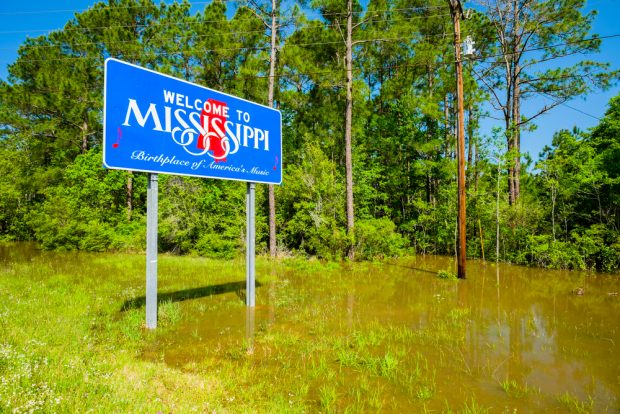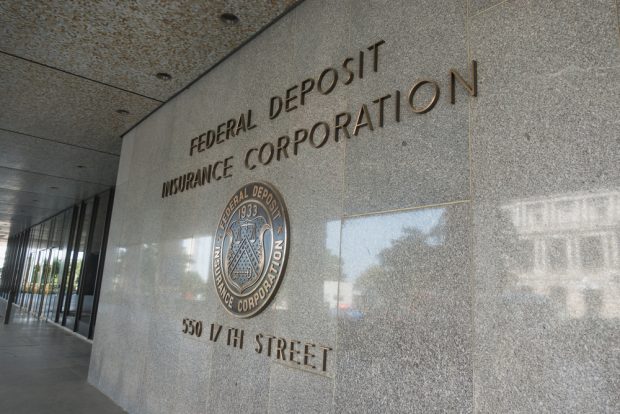 Hope Credit Union making a difference in rural Mississippi.
Hope Credit Union making a difference in rural Mississippi.
From Drew to Shaw to Moorhead to Itta Bena is a 64-mile counter-clockwise drive along an arc of the Mississippi Delta.
Most of the drive is through Sunflower County, birthplace of bluesman B.B. King and civil rights activist Fannie Lou Hamer, and home to about 26,000 people—more than a third of them in poverty.
Recommended For You
In the last three years, Hope Credit Union of Jackson, Miss. ($282.5 million in assets, 44,839 members) has become the major financial institution in those communities. Hope CU' work there was a primary reason a panel of independent judges picked the credit union as the winner of the The Wall Street Journal Financial Inclusion Challenge.
Hope CU has been growing throughout the Mid-South. It added 14,000 members in the last two years in Alabama, Arkansas, Louisiana, Mississippi and Tennessee. In the four rural areas in Mississippi, Hope CU is the only financial institution in three of the communities and now provides services to about half the residents.
"That's a pretty significant market penetration," said William Bynum, Hope CU's president/CEO.
 Bill Bynum
Bill Bynum The branches were donated by a bank that left the area. Before Hope CU moved in, about 40% of residents were unbanked and about a quarter of them depended on predatory lenders.
"We supplied them with a responsible, affordable alternative," Bynum said. "It's what credit unions were created to be: serving the community and filling the gaps. That's what we've done in places that were drastically underserved."
Throughout the Mid-South area it serves, Hope CU has more than doubled its car loan portfolio in the last 12 months. As of March 31, it had loans worth $13.3 million on 1,261 cars. Its average loan amount in March was $10,500 compared with $14,800 at the nation's largest credit union, Navy Federal of Vienna, Va. ($89.8 billion in assets, 7.8 million members).
Hope CU tends to loan on cars that are older with shorter terms than most lenders. Bynum said its car loans are part of its mission to boost economic opportunities in the communities it serves.
"Particularly in rural areas, if you don't have a car, you may as well be unemployed," Bynum said.
Hope CU provides many of its loans to people who use their vehicle for small businesses. It has also refinanced many vehicles that had originally been financed with auto title loans or at abusive rates.
"What we find is that providing people access to credit in a respectable, responsible way makes a difference," he said.
The NCUA rates Hope CU as well capitalized with a net worth ratio of 9.68% as of March 31. It is a member of the National Federation of Community Development Credit Unions.
The Wall Street Journal Financial Inclusion Challenge is sponsored by the MetLife Foundation as part of an initiative to highlight the struggles that millions of Americans face in attaining financial security.
© Touchpoint Markets, All Rights Reserved. Request academic re-use from www.copyright.com. All other uses, submit a request to [email protected]. For more inforrmation visit Asset & Logo Licensing.







